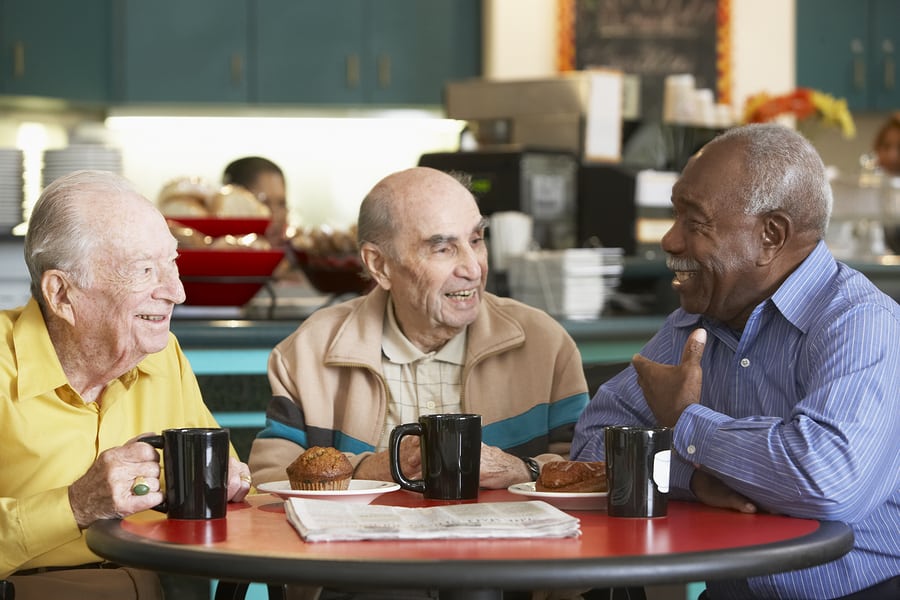Aging Veterans Care: It’s Not Enough to Simply Ask a Veteran to Rely on Home Care Services
Aging Veterans Care: Simply asking somebody to start ‘relying on home care’ seems easy enough, right? It doesn’t matter whether this person is a veteran, in their 70s or 80s, disabled, or recovering from injuries or major surgery. Opening the conversation is a great start, but it’s not enough. Often, people react to this type of advice with a wide range of emotions.

Care for Aging Veterans: Caregiver Assistance
Some may not think it’s necessary.
If they have family or friends who are willing to help provide care for an aging veteran, they may not think home care is necessary. If someone believes they will only need help for a few weeks, they wouldn’t need to contact an agency and look into home care options. By the time they get comfortable working with somebody, they’ll no longer need that level of help.
The individuals offering could be their adult daughter, son, friend, neighbor, or even spouse and have said they would help. Since they live in the same town, why wouldn’t they be a benefit?
They can certainly be beneficial but the experience that comes with a home care aide is far more important than convenience. That’s especially true when a person’s safety and well-being is at stake.
Some aging veterans might not be able to afford home care.
They may be on a limited income. Their income might be from their retirement savings, a pension, Social Security, or another source. However, if they don’t have a lot of extra money at the end of the month, the idea of paying for home care services could feel almost impossible for them.
Encourage them to look into the Aid and Attendance Benefit.
This is a pension through the VA that could provide up to $26,036 per year to qualifying veterans for home care services. There are qualifications that must be met, such as a veteran needs to have served at least one day of active duty during a time in which the United States was officially engaged in combat. This refers to World War II, the Korean Conflict, the Vietnam Era, and the Persian Gulf War.
What if a potentially qualifying veteran still refuses to think about home care?
It is their right to decide whether or not they choose to rely on a home care aide or the services available through an agency. Even if they could receive financial support and assistance through the Aid and Attendance Benefit, they might be against the idea because of several misconceptions they have regarding these services.
Learning about home care is a great start because then veterans or surviving spouses could learn about services available from their military service.
